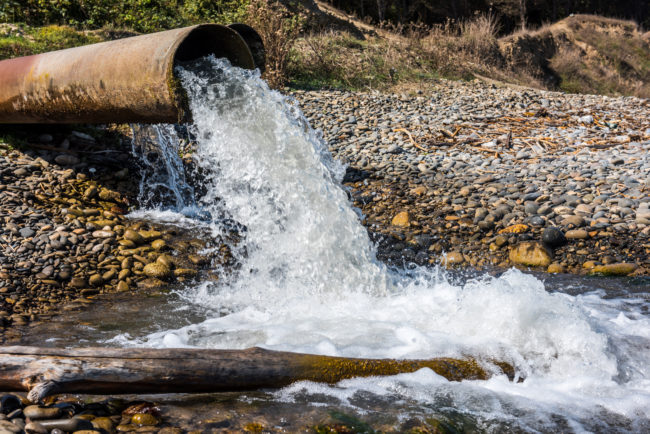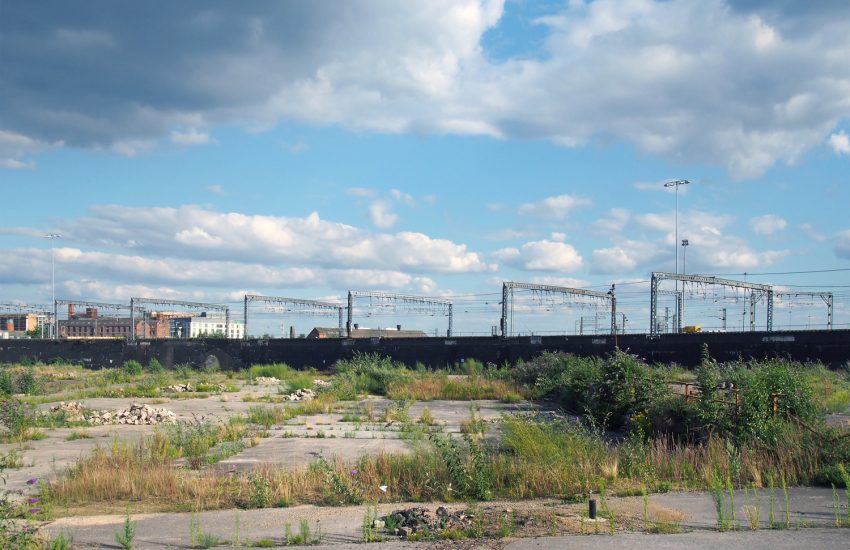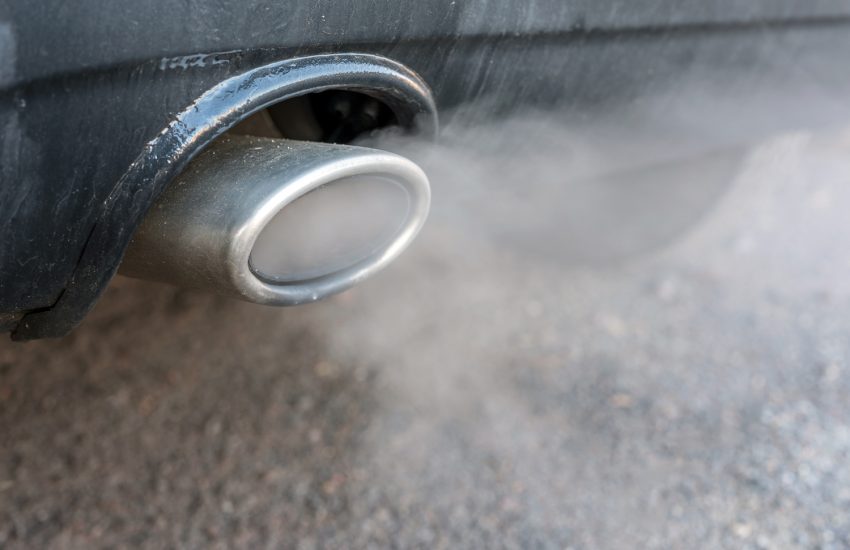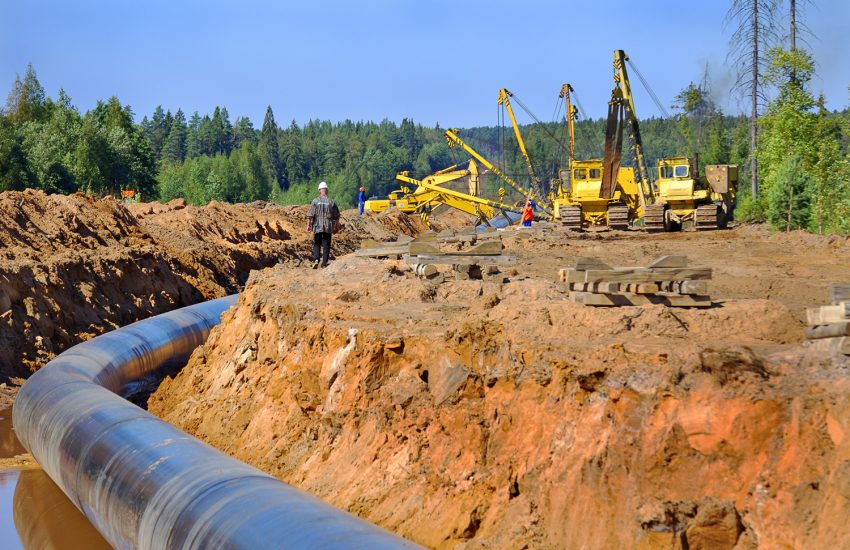Earlier this month, the Environmental Protection Agency (EPA) issued a prepublication version of a final rule under the Clean Air Act (CAA) that permits major sources of hazardous air pollutants (HAP) to reclassify as sources if the source reduces its potential to emit HAPs below the major source threshold (10 tons per year of any single HAP or 25 tons per year of any combination of HAPs). In addition, the rule is design to finalize amendments to clarify the compliance dates, notifications, and recordkeeping requirements …
Continue Reading









